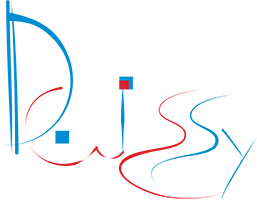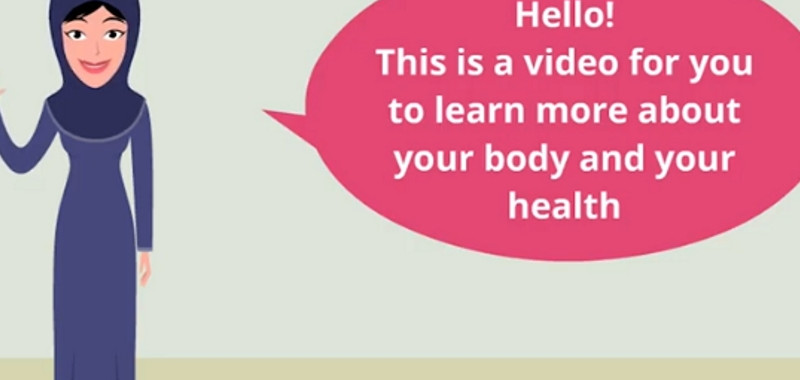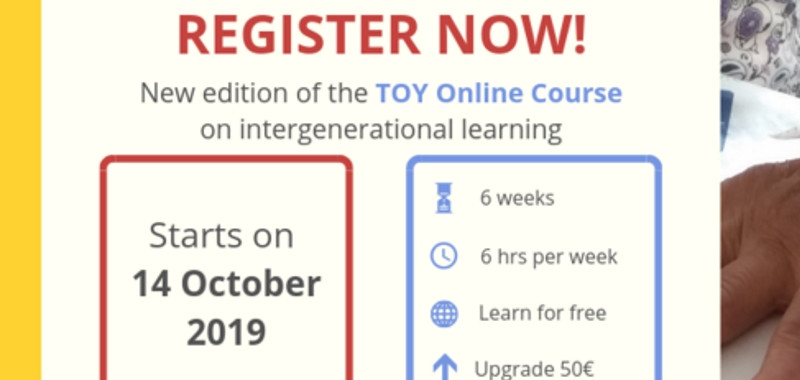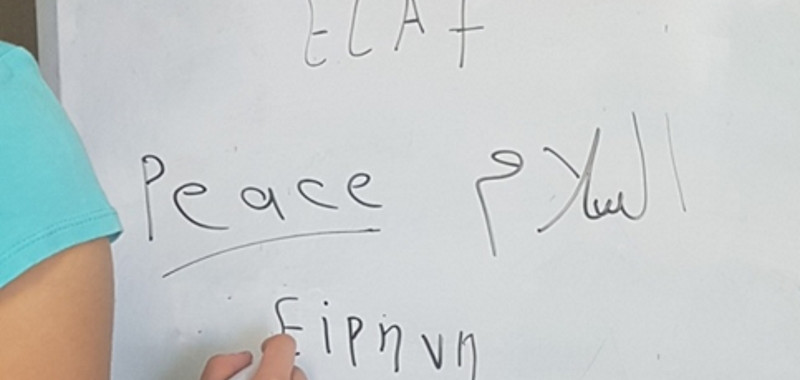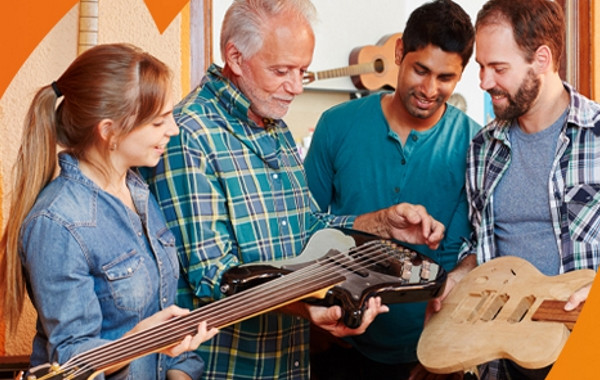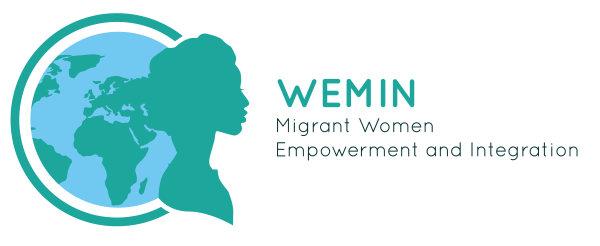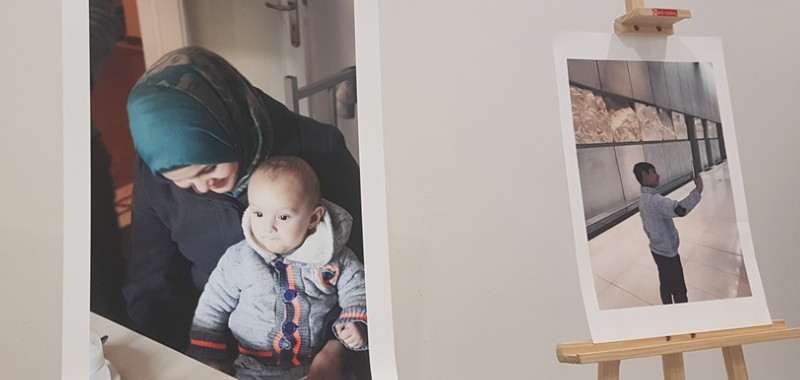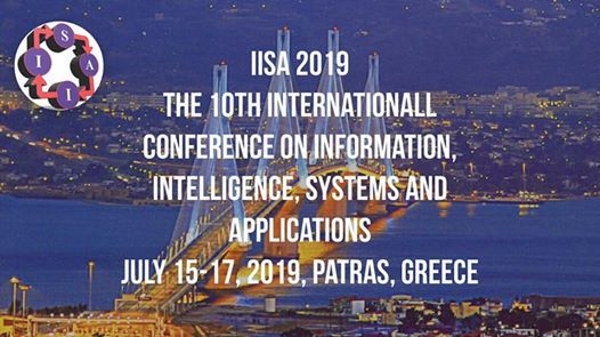Category Archives: News & Events
Registrations started for TOY MOOC
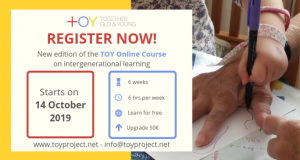
REGISTER NOW! http://www.toyproject.net/project/toy-online-course/
The story of Ilaf from Iraq
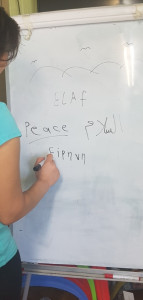 «Today I can say for sure that I should have started my lessons in Greek earlier»
«Today I can say for sure that I should have started my lessons in Greek earlier»
Ilaf is 19 years old and since 2017, she has been living in Greece. She comes from Iraq and her native language is Sorani. In the end of 2016, she decided to leave Iraq with her family, being already married and pregnant on her first child. The undergoing war between two tribes at the area of her origin, as well as her pregnancy, were the main reasons that made her leave her country for Europe. Ilaf left Iraq with her husband and his own family (father, mother and sister), with the unique initial desire to be able to live in safety.
After several attempts, they arrived in Greece. In the meantime, Ilaf had given birth and her baby girl was already four months old. Since for the Greek authorities Ilaf was still a minor, they all initially stayed in a hosting camp in Orestiada. After she became an adult, they were all sent to the refugee camp, where they are settled nowdays. In the beginning, everything was difficult for her, in Greece. On her first walks around Athens and outside the refugee camp, she visited Omonia Square. The scenery and images, made her realize the need for herself and her family to integrate into the local community, in an attempt to make the future they dreamed of when leaving Iraq, come true. Starting Greek language courses was a first step towards this direction.
llaf said: “Today I can say for sure that I should have started my lessons in Greek earlier. However, even now, I’m glad that I was able to take part in your WEMIN lessons”. Participating in the courses and starting learning Greek, made possible to have small talks with local people on everyday issues.
In addition, empowerment sessions have helped her to use the appropriate vocabulary depending on the various places and settings, like in a hospital or in services units. Now, she feels more comfortable when shopping in the market and even when visiting a doctor for her daughter. Being so pleased with her achieved progress, she says enthusiastically: “Βy learning the Greek language, I am happy to be able to show you that I appreciate what you have done for me. In fact, I urge all women who want to stay in Greece, no matter how busy they are, to make the decision to participate in Greek lessons. Their efforts will be rewarded”. It is a fact that WEMIN interventions have helped Ilaf to regain her self-confidence, seek better living conditions for herself and her family, and most important, keep on dreaming! Her next goal has already been set: after WEMIN actions are completed, she plans to enroll in a hairdressing school so as, to become a hairdresser and work as such in the future.
Last but not least, a permanent and absolute priority for Ilaf is raising her daughter in the best way! As she explained, when a woman starts her own family in Iraq, her entire life is devoted in raising her children. Ilaf hopes to do well in both, accomplishing her daughter’s upbringing and achieving her personal goals!
You can be informed about “WEMIN: Migrant Women Empowerment and Integration” implementation by visiting, www.wemin-project.eu / Follow #WEMIN
Nomination of the TIME project as one of the 3 best Erasmus+ projects in social inclusion

We are happy to announce you the nomination of the TIME project as one of the 3 best Erasmus+ projects in social inclusion in the European Vocational Skills Week in Helsinki! (16-18 October 2019).
Olympic Training will represent our partnership. Many thanks again to all of you for your great work and commitment to our project!
The best project will be awarded in Helsinki following a voting procedure. So there will be a jury voting BUT ALSO the public. So please, inform your networks and invite them to vote!!!
I quote the announcement of the EVSW organizers: “We have the pleasure of informing you that the online voting for the European Vocational Skills Week excellence awards is now open. You will find the link to the voting platform here. Please feel free not only to announce and promote your nomination on social media and other communication channels but also to invite others to take part in the vote!”.
Voting will be open until the 15th of October.
MILE Wοrking Groups launched in Athens, Greece
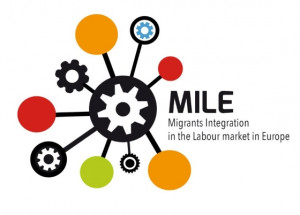 On 15th July 2019, the Hellenic Open University – DAISSy Research Group launched the operation of working groups (WG) of stakeholders involved in the implementation of “MILE: Migrants Integration in the Labour Market in Europe” project in Athens, Greece. Representatives of public and private organisations as well as NGOs and associations in the sectors of education, employment, provision of services for vulnerable groups, protecting human rights and tackling discrimination met and exchanged thoroughly on the broader field of immigration policy and related practices regarding labor market.
On 15th July 2019, the Hellenic Open University – DAISSy Research Group launched the operation of working groups (WG) of stakeholders involved in the implementation of “MILE: Migrants Integration in the Labour Market in Europe” project in Athens, Greece. Representatives of public and private organisations as well as NGOs and associations in the sectors of education, employment, provision of services for vulnerable groups, protecting human rights and tackling discrimination met and exchanged thoroughly on the broader field of immigration policy and related practices regarding labor market.
Initially, Professor Acilles Kameas, Director of HOU-DAISSy welcomed the participants and made a brief presentation of the MILE project, where the aims, objectives and activities were described. Questions from the participants were answered concerning the involvement of stakeholders in the project activities and the role of MILE Working Groups. The session continued with a presentation of the survey results from Assoc. Professor Bill Vassiliadis, MILE project manager. The overall aim of the research was presented, and the tools-techniques used for conducting the survey were also briefly discussed. Emphasis was put at the major findings of the survey in the categories of Third Countries Nationals (TCN) hiring, employing, TCN job profiles and employers’ needs. Special focus was done mainly on the results from the Greek sample compared with the trends of the findings of the surveys completed in the other project countries.
Then the stage was set for the next session which included the initial discussion about the main research questions of the WG activities. A more in-depth presentation about how the WG are going to function and what is expected by their members, took place. The discussion was vivid and very fruitful remarks were raised to be further explored within the WG on-going performance. Overall, the participants expressed their interest in participating and contributing to the project through the WGs and future actions to be scheduled in autumn 2019.
A respective report of the meeting has been conducted by HOU-DAISSy, MILE project partner and has been sent to the ICEI (IT)-Coordinator, as a project deliverable.
For more info about “MILE: Migrants Integration in the Labour Marketin Europe” project, please visit its site and facebook page
To access the Voices of the European Employers Report, visit: https://projectmile.eu/2019/07/31/find-out-mile-research-results/
ICPEC – Call For Papers
![]() Computer programming is a fascinating area, but at the same time, complex. In the teaching-learning process, teachers face many difficulties to find techniques and methodologies to facilitate the learning of programming languages and to foster problem-solving skills. At the same time, students find it difficult to understand the subjects and do not feel motivated to continue pursuing their studies and get good grades.
Computer programming is a fascinating area, but at the same time, complex. In the teaching-learning process, teachers face many difficulties to find techniques and methodologies to facilitate the learning of programming languages and to foster problem-solving skills. At the same time, students find it difficult to understand the subjects and do not feel motivated to continue pursuing their studies and get good grades.
ICPEC aims to be a space frequented by teachers and researchers to discuss topics that promote new methodologies, best practices, trends, techniques and tools to improve the teaching-learning process of computer programming.
Read more here!
The project V4T – Videogames for Teachers has launched its first two Intellectual Outputs!
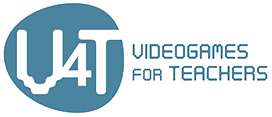 – Do you want to get informed about videogames and apps that are either educational or have strong educational potential? If yes, check the 120 records and corresponding reviews on the V4T online repository of videogames and mobile apps that has been developed in the context of the project.
– Do you want to get informed about videogames and apps that are either educational or have strong educational potential? If yes, check the 120 records and corresponding reviews on the V4T online repository of videogames and mobile apps that has been developed in the context of the project.
– Are you a teacher or future teacher? Don’t miss the opportunity to go through the V4T online manual in order to learn how to effectively implement videogames and apps with your students in classroom!
– Are you interested in learning how to create your own games or apps for, or with, your students? Stay tuned because soon we’ll launch the V4T e-learning training package on main programming languages and authoring tools that are used to develop videogames, web games and apps!
The project is funded by the European Commission under the Erasmus+ Programme, Key Action 2 – Strategic Partnerships in Higher Education.
Project partners:
- University of Valencia, Spain, Lead Partner
- PIXEL – Associazione Culturale, Italy
- University of Applied Sciences Joanneum, Austria
- Hellenic Open University, DAISSy Research Group, Greece
- Kaunas University of Technology, Lithouania
- Accademia di Belle Arti di Brera, Italy
- Xano Channel Asociación para el desarrollo comunitario, Spain
For more information about V4T visit the website of the project
Migrant and Refugee Women who restart their lives in Athens (Greece) – The story of Sharife from Afganistan
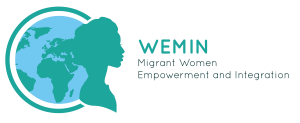 Sharife is a woman from Afghanistan where, before leaving, she had a comfortable life and even operated her own business. However, in January 2016, due to safety problems in her country, she and her husband made a decision to leave the country with their children and to reach Germany.
Sharife is a woman from Afghanistan where, before leaving, she had a comfortable life and even operated her own business. However, in January 2016, due to safety problems in her country, she and her husband made a decision to leave the country with their children and to reach Germany.
Learn more about Sharife’s story here.
WEMIN at the «You and I, and those who came after-We are all citizens» event
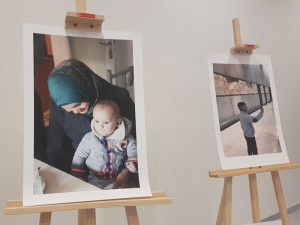 On the occasion of the “World Refugee Day“, an event entitled “You and I, and those who came after-We are all citizens” took place at the Serafion Center of the Municipality of Athens (22 June 2019). Humanitarian organizations, self-governing bodies and migrant-refugee communities as well as many citizens participated in the event which was open to the general public. Among them were the WEMIN implementation bodies in Greece, HOU-DAISSy Research Group (Coordinator) and Olympic Training & Consulting Ltd (partner).
On the occasion of the “World Refugee Day“, an event entitled “You and I, and those who came after-We are all citizens” took place at the Serafion Center of the Municipality of Athens (22 June 2019). Humanitarian organizations, self-governing bodies and migrant-refugee communities as well as many citizens participated in the event which was open to the general public. Among them were the WEMIN implementation bodies in Greece, HOU-DAISSy Research Group (Coordinator) and Olympic Training & Consulting Ltd (partner).
For more Info, please check “here“.
The Mu.SA project in the International Conference in Information, Intelligence, Systems and Applications, Greece 2019
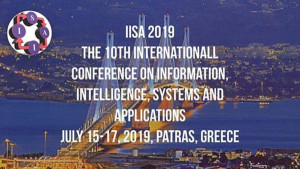 The Mu.SA project was presented in the 10th International Conference in Information, Intelligence, Systems and Applications (IISA2019) in the 15th of July 2019 at the University of Patras, Greece.
The Mu.SA project was presented in the 10th International Conference in Information, Intelligence, Systems and Applications (IISA2019) in the 15th of July 2019 at the University of Patras, Greece.
IISA-2019 is the tenth conference in the IISA series, technically co-sponsored by IEEE, the University of Piraeus, the University of Patras and the University of the Peloponnese.
The International Conference on Information, Intelligence, Systems and Applications (IISA) series offers a forum for the constructive interaction and prolific exchange of ideas among scientists and practitioners from different research fields such as computers, mathematics, physics, biology, medicine, chemistry, experimental psychology, social sciences, linguistics, and engineering; having the goal of developing methodologies and tools for the solution of complex problems in artificial intelligence, biology, neuroscience, security, monitoring, surveillance, healthcare, sustainability in energy sources, governance, education, commerce, automation, robotics, optimization, image, speech and natural languages, and their integration.
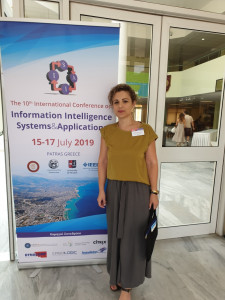 The paper entitled “Implementing a MOOC course for Museum Professionals with a worldwide effect” was presented by Mrs Panagiota Polymeropoulou, Researcher of the DAISSy Research Group of Hellenic Open University. The participants to the session “E-Learning Systems” were very interested to learn more about the Mu.SA project, the training program, the outcomes, the four role profiles as well as the results and the worldwide participation to the MOOC “Essential Digital Skills for Museum Professionals”. In the paper are described the Methodology for designing and developing the modular online course as well as the European Frameworks of e-CF and DigComp adapted to the museum sector’s professionals knowledge and training. In the paper are presented also, in numbers and graphs the results of providing the MOOC, open to museum professionals participating from all the world. The paper will be published in the IEEE Xplore series.
The paper entitled “Implementing a MOOC course for Museum Professionals with a worldwide effect” was presented by Mrs Panagiota Polymeropoulou, Researcher of the DAISSy Research Group of Hellenic Open University. The participants to the session “E-Learning Systems” were very interested to learn more about the Mu.SA project, the training program, the outcomes, the four role profiles as well as the results and the worldwide participation to the MOOC “Essential Digital Skills for Museum Professionals”. In the paper are described the Methodology for designing and developing the modular online course as well as the European Frameworks of e-CF and DigComp adapted to the museum sector’s professionals knowledge and training. In the paper are presented also, in numbers and graphs the results of providing the MOOC, open to museum professionals participating from all the world. The paper will be published in the IEEE Xplore series.
